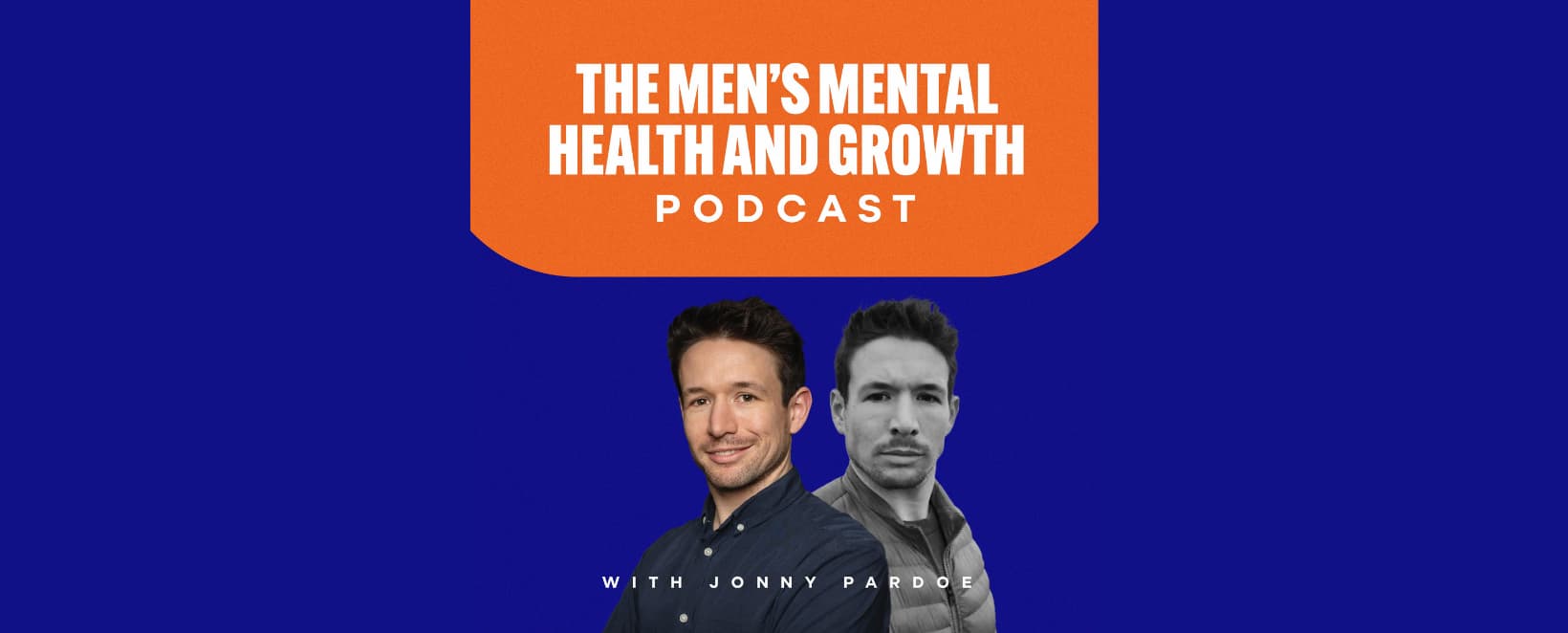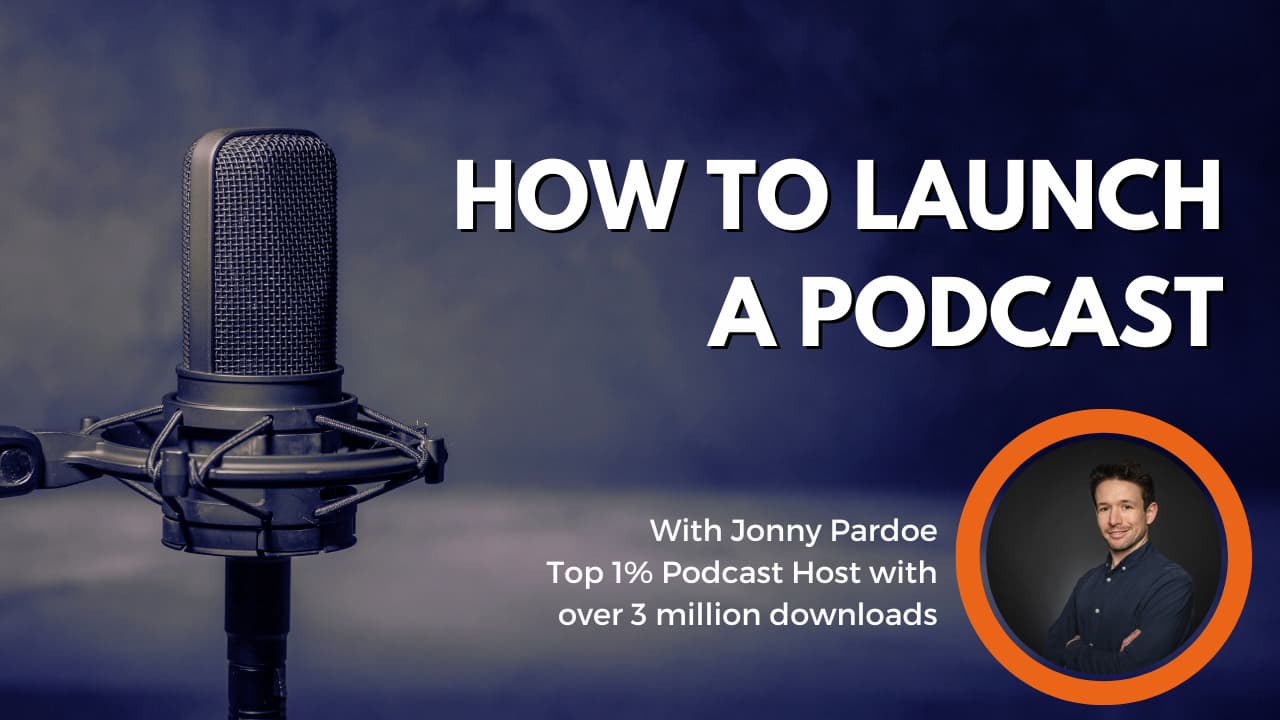It’s actually Stress Awareness Month, which you may already know, but it seems that we are living in difficult times with this pandemic and so it may have been stressful for you over the last few months. Whilst I’m in a very good place right now, I appreciate that some may not be, so thanks for taking the time to read this blog today. The aim today is to look at some hacks that I’ve found have helped me to overcome stress and feeling overwhelmed.
My story
So often when we are stressed or overwhelmed, we are unable to focus on the present situation or present moment. We have so much going on in our heads, that we lack the clarity to decide what to do next, and this is harmful for our mental health. I’ve experienced this in a working environment, when I’ve had so much on my to do list or when I’ve being trying to write books.
The main thing that I’ve experienced though, is that once I’ve overcome a problem, it doesn’t seem that big a deal and I’ve wondered what I was worried about in the first place. Then I feel that I’ve moved forwards from what seemed stressful or overwhelming. For example, when I first started self-publishing my books, despite the fact that Amazon has a brilliant publishing system, the idea of writing a draft, then another draft, proof reading, getting cover designs, getting measurements right (the hardest bit for me) and then going live, was quite overwhelming for me. Now I’ve done it several times. It’s second nature.
But yes… there will always be new situations in life, which may prove challenging. For me, this was happening too frequently and so I had to increase my self care and prepare myself better for each day. I would try and work through things, but it was reducing my sleep and not making me feel good. I decided, therefore, to focus on feeling good to reduce my stress and feeling so overwhelmed. I started applying actions and consequently, my state and my ability to face challenges improved.
So how can you reduce stress and feeling overwhelmed?
So, these are the things I researched, tried and tested and found to be effective. Now, I don’t find myself half as stressed or as overwhelmed as I used to. I would suggest experimenting and giving such actions time. The important thing is finding what works for you.
1. Plan your week
The key to this one is being flexible when needed, but as a good starting point, creating a strong foundation. I used to have just ‘to do’ lists. Although these can be effective in getting the tasks out of your head on to paper, giving ourselves sufficient time in the day can be a struggle and so this approach may not always help.
Instead, I would recommend using Google calendar or another form of calendar. You don’t have to go over the top on organisation, but having a visual reminder of what your week is going to look like can be a real benefit. It allows you to set realistic expectations for your week. For example, you might schedule a slot each morning for a routine or to try tackle that difficult task at work for a couple of hours in the day.
Again, the key to this is flexibility but this a proactive way of planning your week rather than trying to do things as you go along. I would also suggest investing time in trying to understand yourself better and in learning to schedule things in when it is best for you. For example, I’m on top of my mental ability before 1pm. If I schedule hard, complex tasks between 2-5pm, there is minimal chance of me completing them well, if at all. Instead I get these done in the morning before work or in the first half of the day at weekends.
2. Create a feel -good morning routine
This links a bit to the previous one, by allowing yourself to have a morning routine. This is not saying you should have a 2-hour routine every morning (as that would probably get tedious and the chance of not following through would increase) but rather saying that having a set routine gets you off to a great start. What will make you feel great is different from what makes me or someone else feel great.
Putting something in place early in the day, helps you to prepare for any stressors or challenges later on in the day. In my case, I do a few stretches, a quick affirmation, visualisation, breathing exercise and journal of gratitude, all of which only take me 10-15 minutes total (a minute to a few minutes for each thing). Then I go onto reading on which I spend 20-30 minutes. Why do I spend more time on reading? It’s because learning new things makes me feel good and that I am growing. It really sets me up for my day.
So, think what might benefit you in the morning and make some time for that in order to prepare you for the day.
3. Allow time for you on your own
I’ve started incorporating this more and more, with the result that I feel amazing. I am able to get so many good ideas and my self awareness has increased so much. When I say being on your own, this can either be a walk, a run or even sitting alone in a room with your thoughts. 20 minutes at least, a day is important.
Now a point I would like to emphasise here is that being alone, means completely alone and present… NO MUSIC, PODCASTS OR RADIO. Why? Well, these things can distract your mind. They are not allowing your mind to have room to think. You want your mind to be allowed to think, even if that is a scary prospect. Those distracting influences aren’t bad for you; they just won’t allow your alone time to work properly.
4. Gratitude
This has been a critical practice for me as I’ve always been someone whose mind is rushing to the future, thinking about his next goal. I recently purchased a book ‘The Magic’ by Rhonda Byrne that gives a 28-day challenge of practising different types of gratitude. It’s certainly allowed me to feel more relaxed and happy with what I’ve got.
Gratitude takes away fear / anxiety about things. As Tony Robbins quotes ‘You can’t be grateful and fearful at the same time’. Gratitude won’t make stressors or any possible feelings of being overwhelmed disappear completely from your life, but with regular practice, it will prepare you for the day ahead by getting you into that positive state of mind.
5. Breathing
Think about it: when you’ve been feeling stressed or overwhelmed, how did you feel? Probably your breaths were short, your heart raced faster, and you did not feel calm / in control of your body. It was probably the opposite pattern from when you were calmer or happier. Well… obviously but what may not have been obvious is that you can change your breathing to change your state.
I try and do two short breathing exercises a day in order to promote this calmer breathing state. When you change your breathing, you can change your state of mind. So, making time to tune into a more calmer breathing pattern, can calm you down.
6. Journal
Ok, so the above are more proactive management techniques for helping to reduce feelings of stress and being overwhelmed, as you meet new challenges. There is of course a chance that something unexpected may arise and knock you off course though. Therefore this one thing has helped me get through potentially stressful and overwhelming situations… journaling.
The way I do this is to journal questions which help to identify what the problem is. Then I will proceed with asking questions to get through it. Your brain often over exaggerates issues and just writing it down on paper can be a good start in working through it. It may of course be a big thing, but asking what the real problem is and then working through positive questions such as ‘what can I learn?’ or ‘what can I do to improve this situation?’, can help the brain to seek out the right answers.
Getting struggles out of my head and on to paper, has shaped my positive thinking. Then actually going through this process, allows my brain to do it more automatically. It is training the brain to work through stressful and overwhelming situations. It also allows the brain to see it visually on paper.
Conclusion
So, the above is really a guide on some actions you can take to overcome stressful or overwhelming situations. These are things that have worked wonders for me, but my suggestion is to try and work out what is best for you. One important thing to note though before I go, is that if you don’t change your actions, you won’t be able to change the way you feel. So, make sure you take action if you want to stop feeling stressed or overwhelmed and to start feeling amazing about your day.
You can find this YouTube video HERE
You can find this Podcast HERE
Jonny Pardoe © April 2020
http://example.com
Facebook, Instagram, LinkedIn, YouTube, Spotify, Apple Podcasts, Anchor and Amazon:
Jonny Pardoe
Photo by Christian Erfurt on Unsplash



